Conundrum Involving The Ownership Of The Work Created By Ai
IP and Legal Filings
APRIL 20, 2023
Introduction Any literally or artistic work that is original and creative i.e.; not copied from anywhere by the owner is protected under Copyright Act, 1957. Thus, most would agree that AI-created work does not have the component of originality. Issues There are many issues in granting ownership to AI.

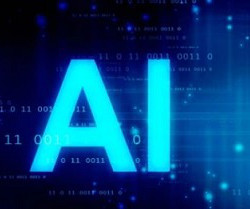
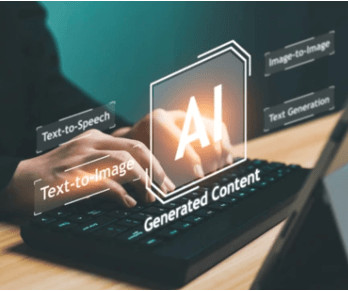
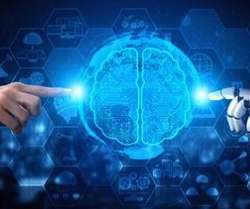
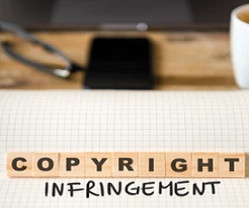
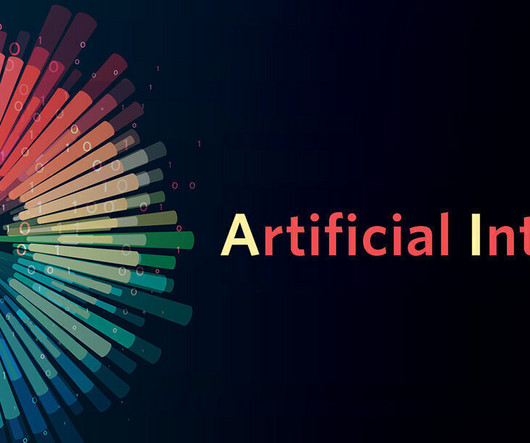






Let's personalize your content